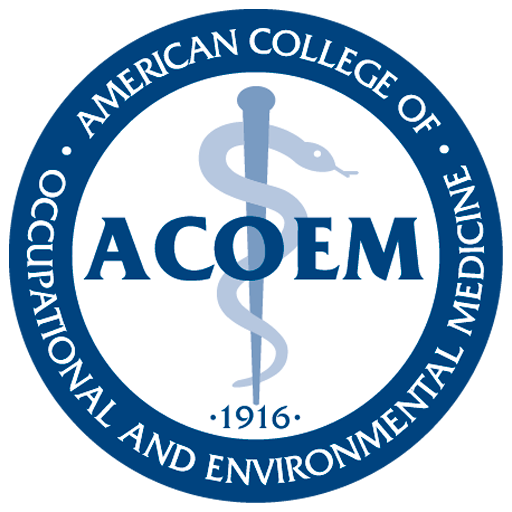
06: U.S. Work Laws and Regulation
The nuclear industry is heavily regulated, with OSHA, the U.S. Department of Energy (DOE), and the Nuclear Regulatory Commission (NRC) collaborating to protect worker safety and health. The NRC regulates the use of nuclear material by commercial nuclear power plants; whereas, DOE owns, operates, and comprehensively regulates its own nuclear facilities. And, OSHA governs non-radiological health and safety of employees in nuclear power plants and exposure to radiation sources not regulated by NRC (such as X-ray equipment).
The DOE Office of Environment, Health, Safety and Security also supports a Former Worker Medical Screening Program (FWP). The FWP provides ongoing medical screening examinations, at no cost, to all former DOE federal, contractor, and subcontractor workers. FWP screening exams check for adverse health outcomes related to various potentially hazardous exposures, including radiation, beryllium, asbestos, lasers, silica, lead, cadmium, chromium, solvents, noise, and other occupational exposures.
